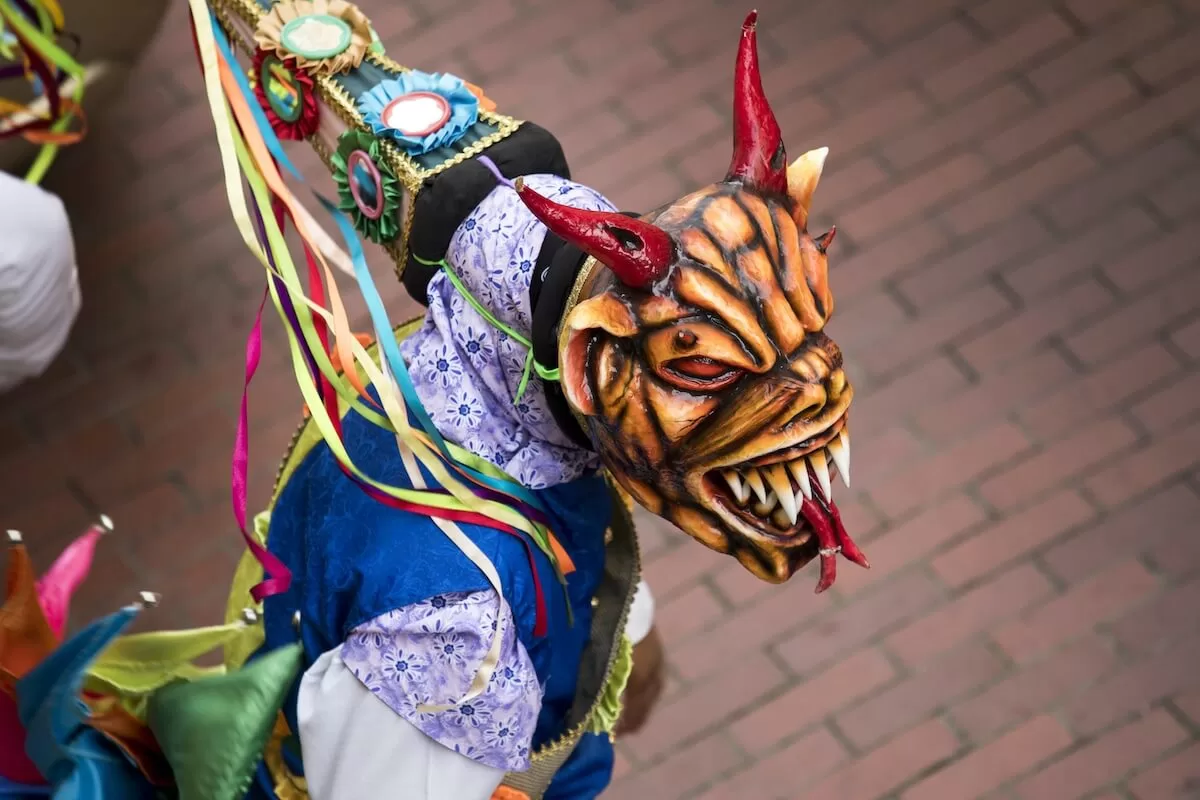The region of modern-day Panama was an early stopping point for Spanish explorers as they made their first excursions towards South America.
In 1519, Panama City became the first European settlement on the shores of the Pacific and the isthmus became an important part of the Spanish Empire.
Panama’s struggle for independence started in Los Santos an area on the eastern part of the Azuero Peninsula. On November 10, 1821, in an event called Grito de La Villa de Los Santos, the residents of the Azuero declared their separation from the Spanish Empire. The story goes that a young woman led a crowd to the barracks, chanting “long live liberty!”
While the call for independence was not universally supported by all Panamanians, the uprising galvanised support and inspired enough momentum to bring independence to Panama and the Independence Act of Panama was officially declared on November 28th 1821.
Panama joined Venezuela, New Granada (present-day Colombia) in the Republic of Colombia, also known as Gran Colombia.
